Keep Your Engine Running Efficiently: Expert Tips for Car Maintenance & Repair
Regular maintenance and repair is vital if you want your car running at its best and most efficient. Keeping your engine in tip-top shape isn’t just beneficial for the environment; it can save you time, money, and headaches. But where do you begin? In this blog post, we’ll explore how expert car maintenance and repair tips can help you keep your engine running smoothly—plus a few more tricks to ensure it stays that way!
Introduction – Benefits of Proper Car Maintenance and Repair
Proper maintenance ensures that your car runs correctly, efficiently, safely, and reliably. It also helps to reduce the amount of money you spend on repairs in the long run. In addition, regular maintenance checks can help identify potential problems before they become too costly to repair or even dangerous for you and your passengers.
Regular maintenance checks can include checking tire pressure, oil level, transmission fluid levels, brake fluids, engine coolant levels, spark plugs, oxygen sensors, and air filter condition. It is essential to check these components regularly, as any changes could indicate more serious underlying problems with your vehicle’s engine or other parts. Additionally, having your car serviced on a routine basis will ensure that belts and hoses are checked for cracks or wear and tear, so they don’t fail while you’re driving. This preventative maintenance helps avoid breakdowns and unexpected malfunctions while on the road.
Getting your car serviced regularly will also help to increase its resale value when it comes time to trade it in or sell it privately. Potential buyers will likely purchase a vehicle that has been well cared for instead of one that has not seen regular servicing or had significant repairs neglected over time. In addition, professional mechanics have access to diagnostic systems which can detect any problems quickly and accurately, so any major faults can be addressed before they cause further damage, which may prove costly for you if left unchecked.
Finally, maintaining your vehicle’s appearance is another valuable benefit of regular servicing and repair. Keeping it looking good inside and out will generally boost your car’s overall value in the current marketplace and make a good impression when selling it in the future!
Tip #1 – Change engine oil and filters regularly
Regularly changing engine oil and filters is integral to maintaining a vehicle’s engine. It extends the engine’s life, improves performance, and prevents costly damage. Engine oil lubricates all moving parts in your car’s engine and reduces friction and wear. Oil also removes impurities that can accumulate in the engine over time. In addition, the filter keeps dirt, dust, and particles from entering the engine.
Over time, oil becomes contaminated with particles that can cause buildup in the engine. This can reduce fuel efficiency and cause mechanical issues or even significant damage if left unchecked. By regularly replacing the oil and filter, you ensure that your engine is operating at its best performance level with clean lubrication for all its components.
We recommend that you check your manual for specific instructions on how often you should change your oil and filter; this varies depending on the type of vehicle, age of the vehicle, type of oil used, and driving habits. Generally speaking, most vehicles need their oil changed every 5,000 miles. If you need a manual or are unsure when to change your oil and filter, then it is best to consult a qualified mechanic who can recommend the best schedule for maintenance on your particular vehicle.
Tip #2 – Monitor fluid levels and top off when needed
One of the necessary maintenance items for any car owner is to monitor and top off engine fluids as needed. Oil, coolant, brake fluid, and transmission fluid are among the most important to keep track of for a vehicle’s engine to function properly. Doing so will help ensure your car runs smoothly and can help prevent expensive repairs down the line.
Oil is one of the most critical engine fluids to monitor, ensuring that all parts of the engine move correctly and don’t suffer from wear. When checking oil levels, use a dipstick or have a professional mechanic inspect it. If the oil is low or has reached its recommended time limit (as determined by your car’s model and make), you should replace it with the right type of oil. Doing so will provide long-term protection for your engine and its longevity.
Coolant helps protect your car’s engine from overheating by transferring heat from the cylinders where combustion occurs. Coolant levels should always be full; if they get too low, air can draw in, which can cause significant damage due to corrosion. Topping off coolant is relatively simple – just make sure you use a mix compatible with your car’s model and make it before doing so.
Brake fluid is responsible for helping brakes stop your car when necessary. Making sure there’s enough of this fluid in the system can mean the difference between keeping control of your vehicle on slippery surfaces or having an accident. Regularly checking brake fluid levels (at least once every six months) will help ensure that you have adequate amounts for proper braking performance.
Finally, transmission fluid lubricates moving parts within a vehicle’s transmission system. This ensures smooth shifting between gears and reduces wear on components over time. Still, these fluids tend to break down over time, leading to potential issues such as sluggish shifts or complete transmission failure if left unchecked altogether. As such, it’s essential to regularly check transmission fluid levels according to manufacturer specifications and top up accordingly; doing so may help prevent costly repairs or replacements down the line!
Tip #3 – Check tire pressure, alignment, brakes, and suspension
Tire pressure is one of the most important things to check for car maintenance. Your tires must be appropriately inflated to perform well, causing poor performance and even a blowout. Check your tire pressure regularly using a gauge or at a service station. Overinflation can also be dangerous, so monitoring your tire pressure is essential.
Alignment is another crucial factor for safe and efficient vehicle operation. Correctly aligned wheels ensure even wear on the tread of your tires and improved handling and fuel efficiency. If your car feels like pulling in one direction when you drive straight ahead, it could indicate that you need an alignment checkup. In addition, misalignment can lead to uneven wear on the inner and outer edges of the tire while driving straight ahead – something to keep an eye out for if you’re noticing more tire noise than usual.
Brakes are crucial to keeping a car running safely and efficiently. Worn brakes can drastically reduce stopping power and increase stopping distances, which makes them particularly dangerous when driving at higher speeds or in wet conditions. Regular inspections should take place every couple of months; although brake pads last between 20k miles and 40k miles, they should still be checked annually regardless of mileage.
Finally, the suspension is an often overlooked aspect of car maintenance but an equally important one nonetheless. Suspension components like shock absorbers will eventually wear out due to regular road vibrations; when this happens, there may be visible signs like rough ride quality or rattling noises from underneath the vehicle when driving over bumps or holes in the road surface. Therefore, we recommend that suspension components are checked regularly during oil changes, so any worn parts can be replaced before they cause further damage or safety issues on the road.
Additional Tips for Keeping Your Engine Running Smoothly
Follow a few additional tips to keep your engine running smoothly and extend its life. First and foremost, ensure you’re using the correct type of oil and changing it regularly. The type of oil you use and how often you need to change it will depend on your vehicle’s owner’s manual. Make sure you don’t miss out on oil changes; otherwise, this can lead to deposits in the engine that can cause wear and tear, breakdowns, and even fires. Also, check your air filter regularly; a dirty air filter decreases engine performance and fuel consumption.
Another important tip is to keep an eye on the coolant levels; if they become too low or too high, it can cause damage to the engine. You should also take care when adding coolant by mixing it with water according to the directions outlined in your vehicle’s manual for optimal performance. Finally, always check your spark plugs for signs of wear or corrosion; these need to be replaced regularly, or they can lead to poor fuel economy or misfiring of the engine.
By following these extra tips, in addition to regular maintenance and service appointments, you’ll be able to keep your engine running smoothly while extending its lifespan. Remember that taking proper care of your car is essential if you want it to last long-term!
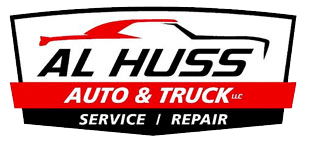
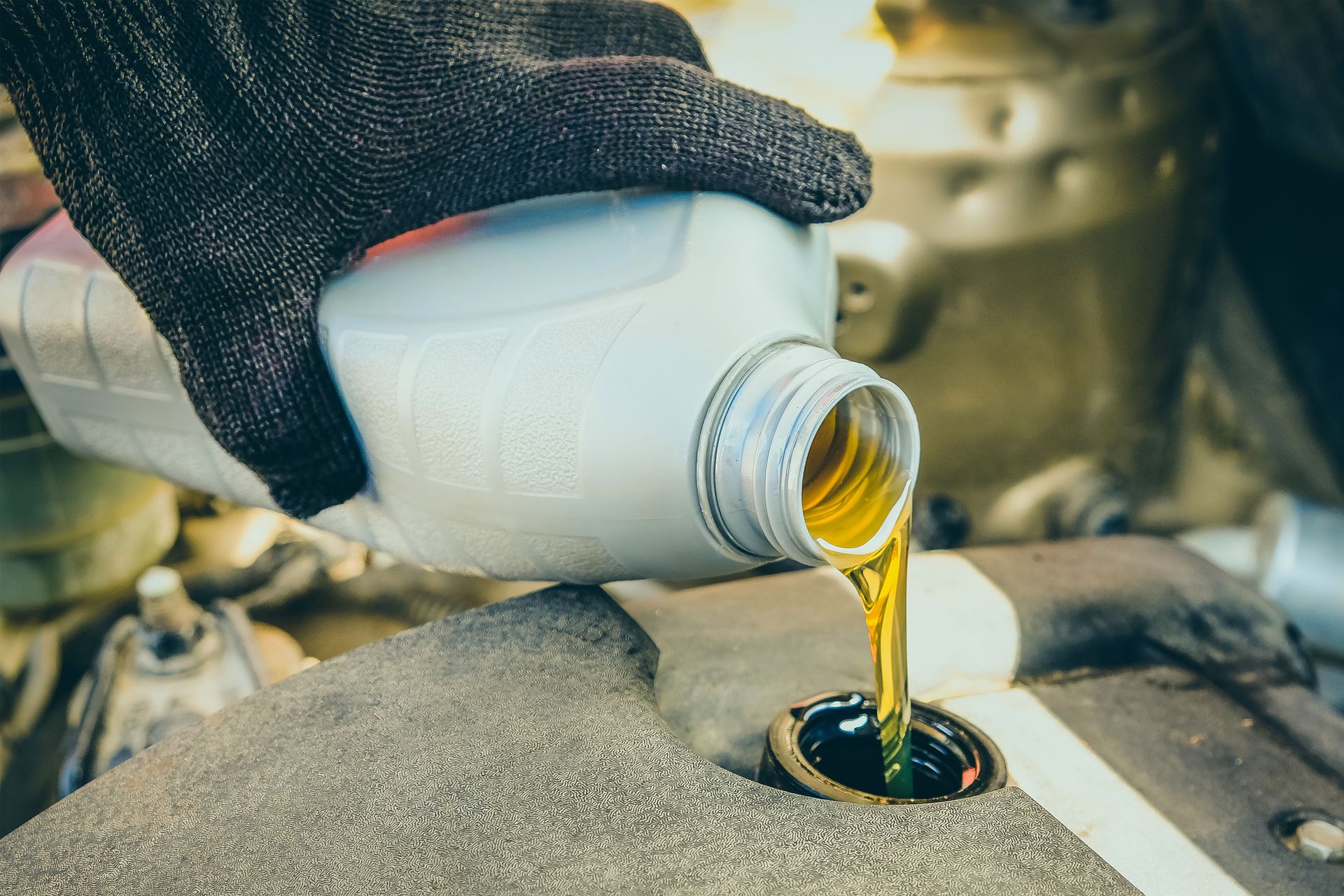
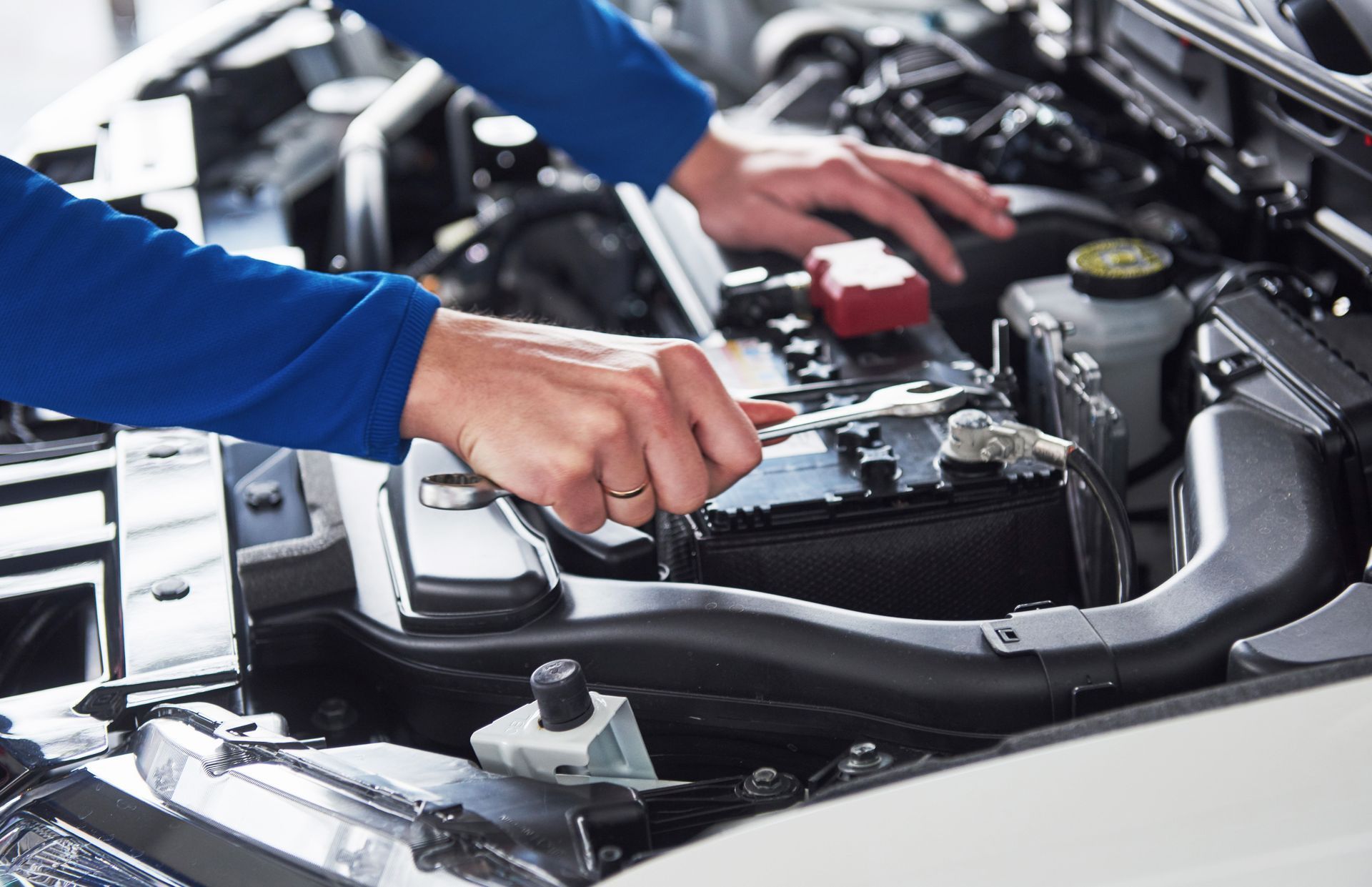
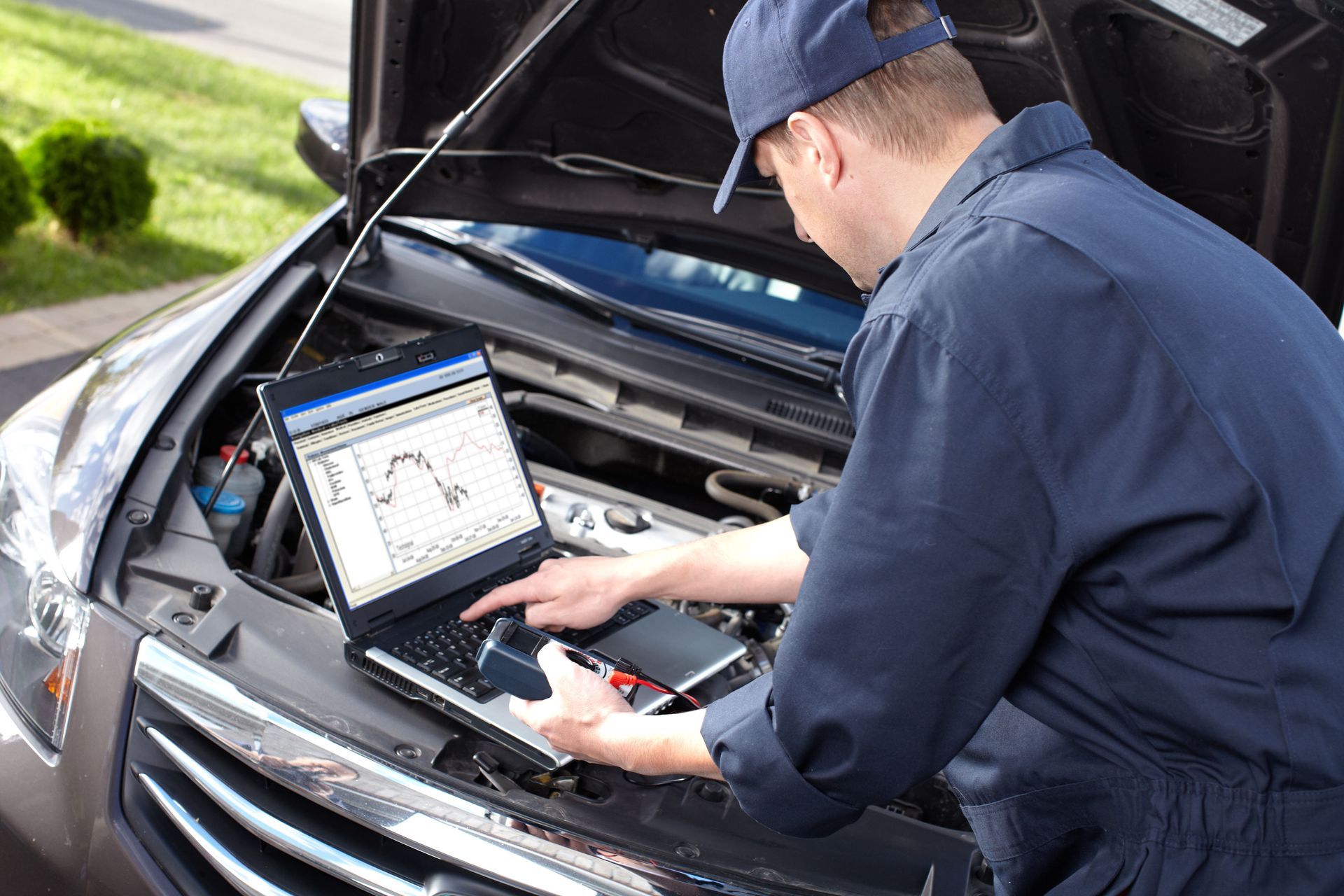
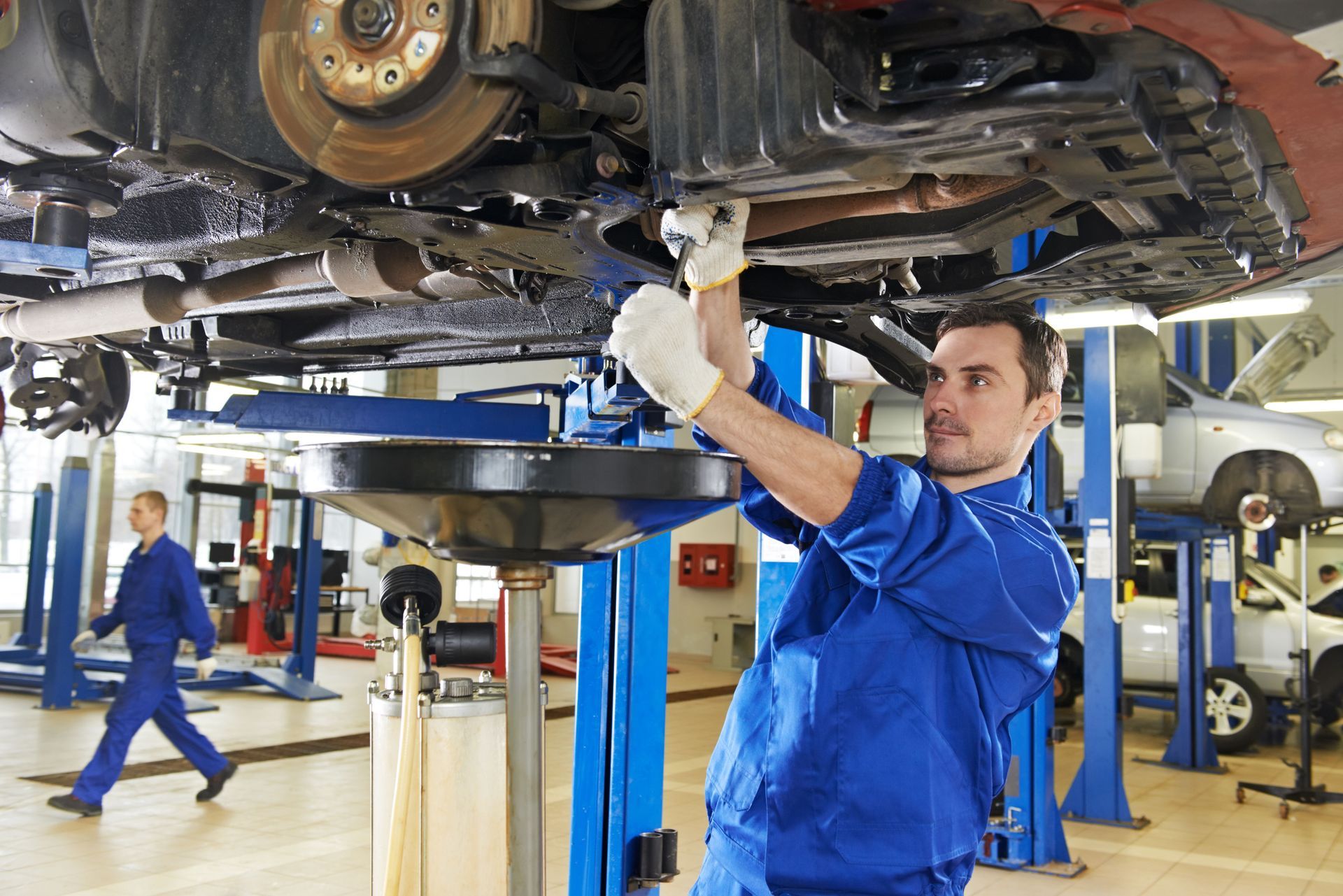
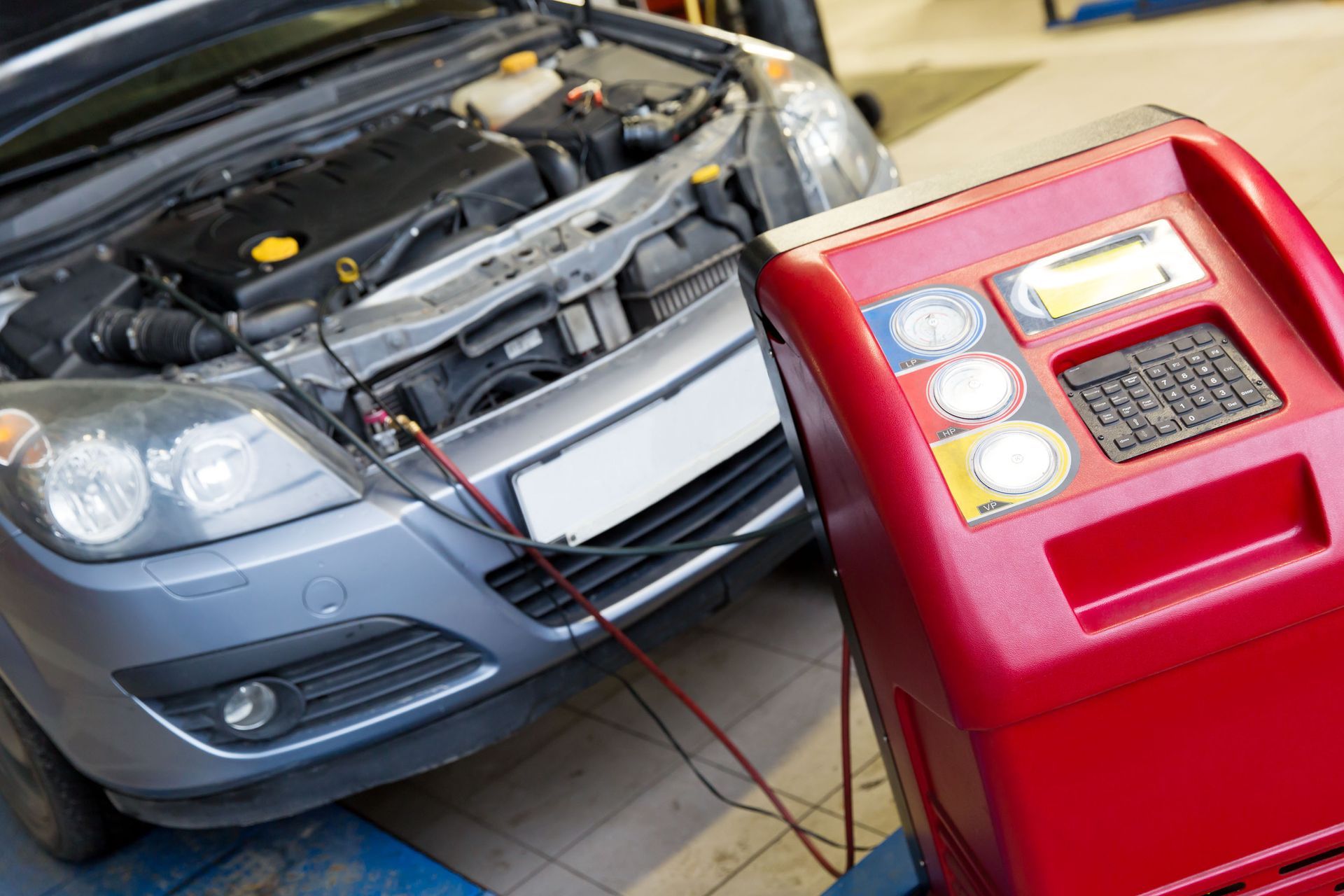
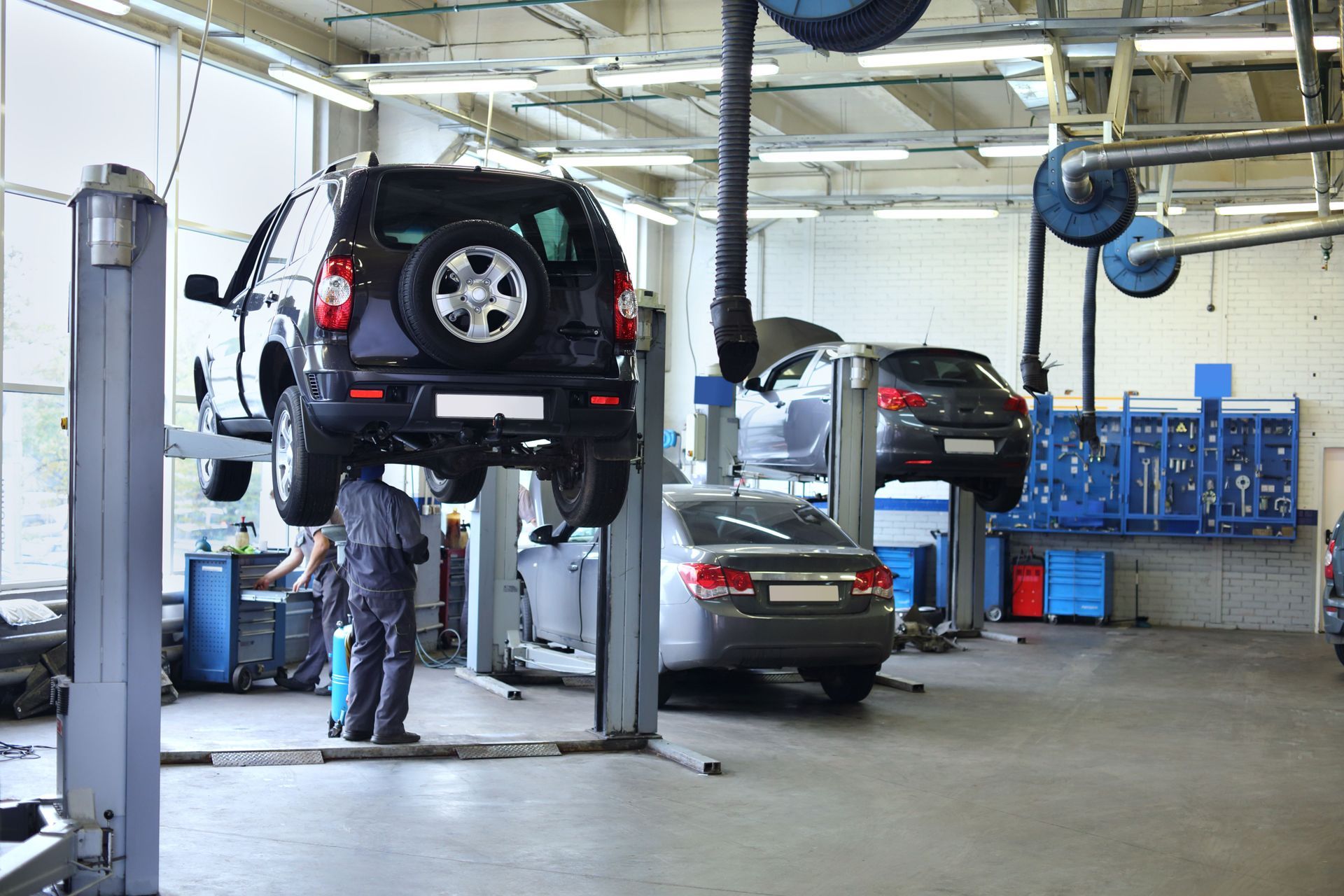
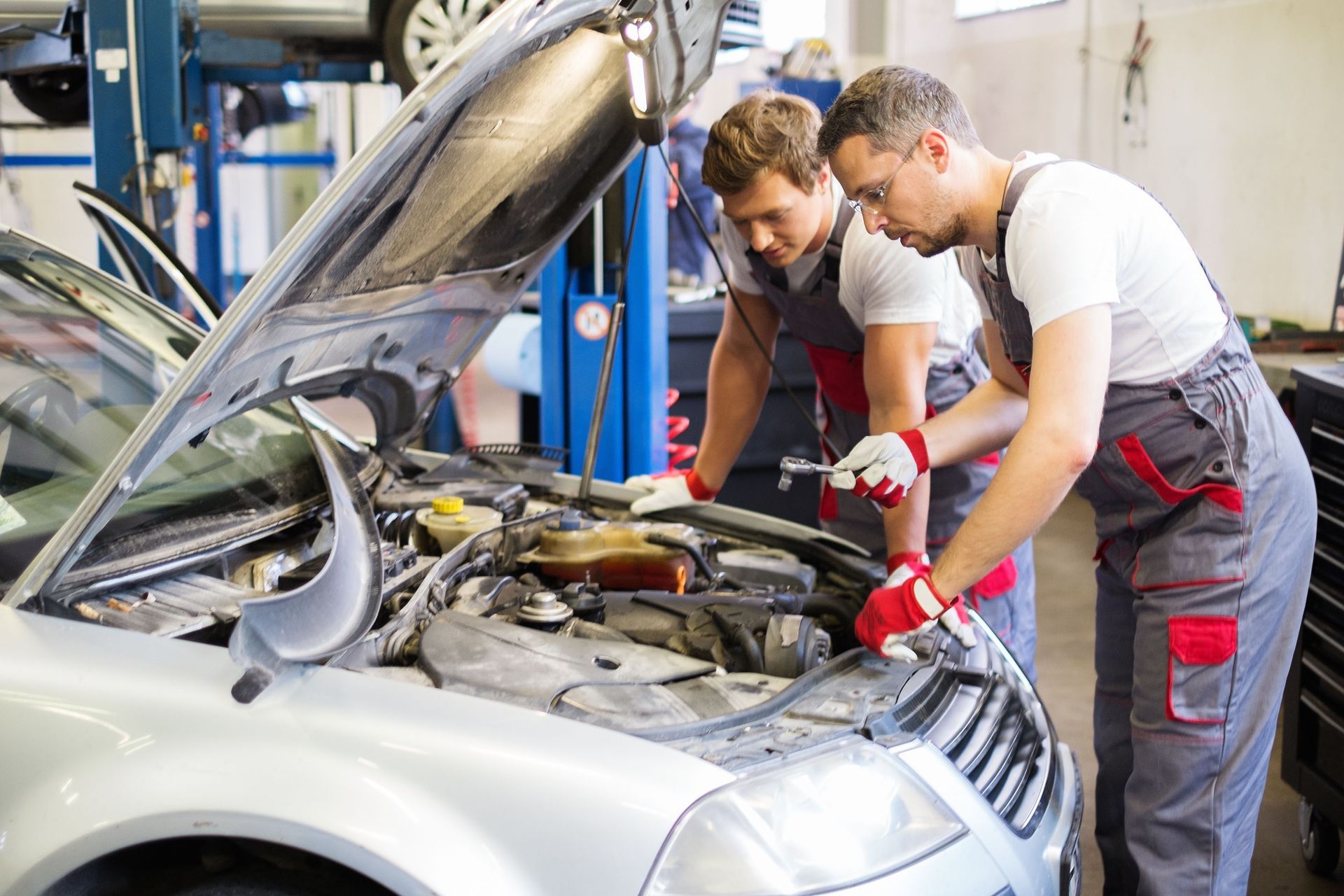
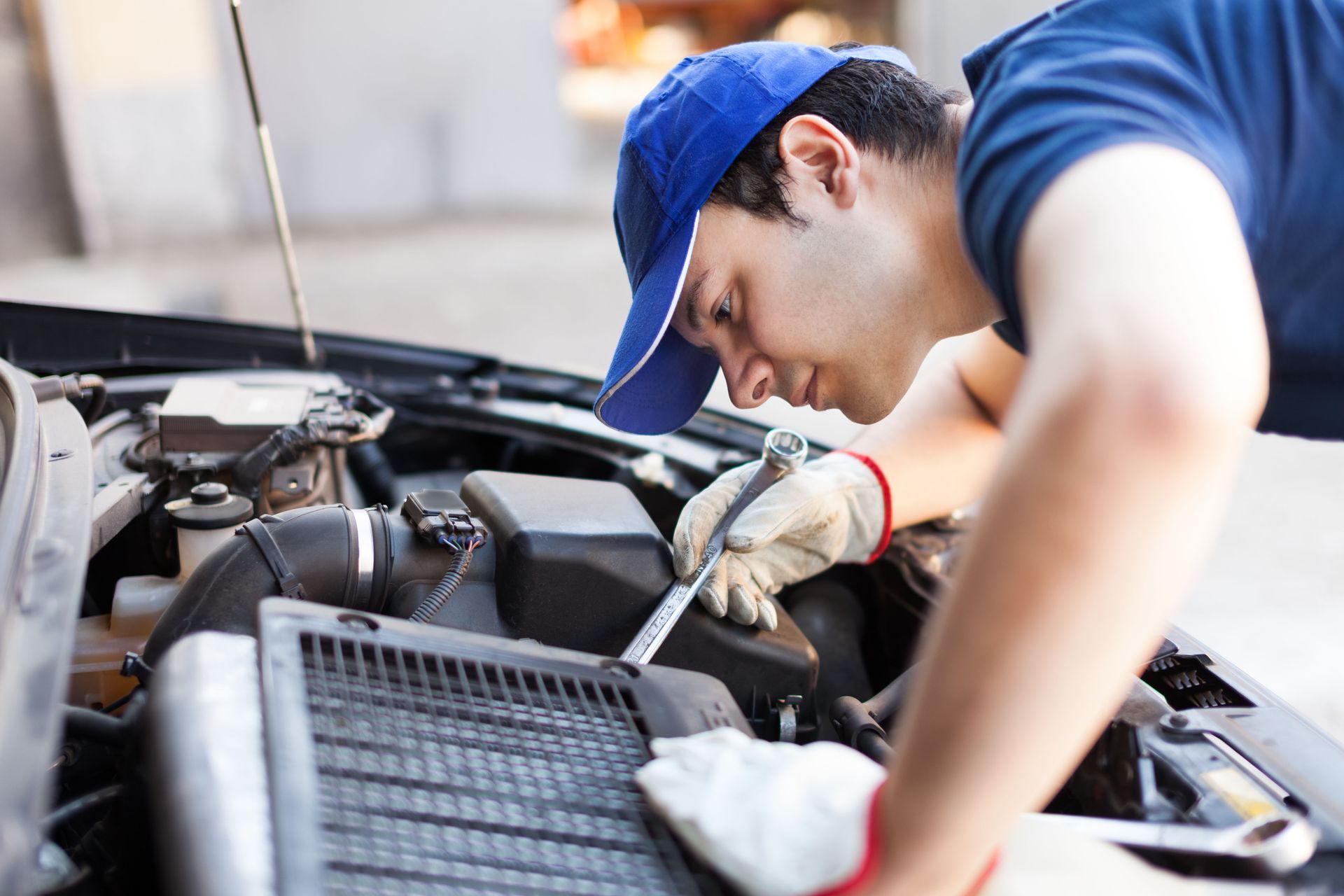
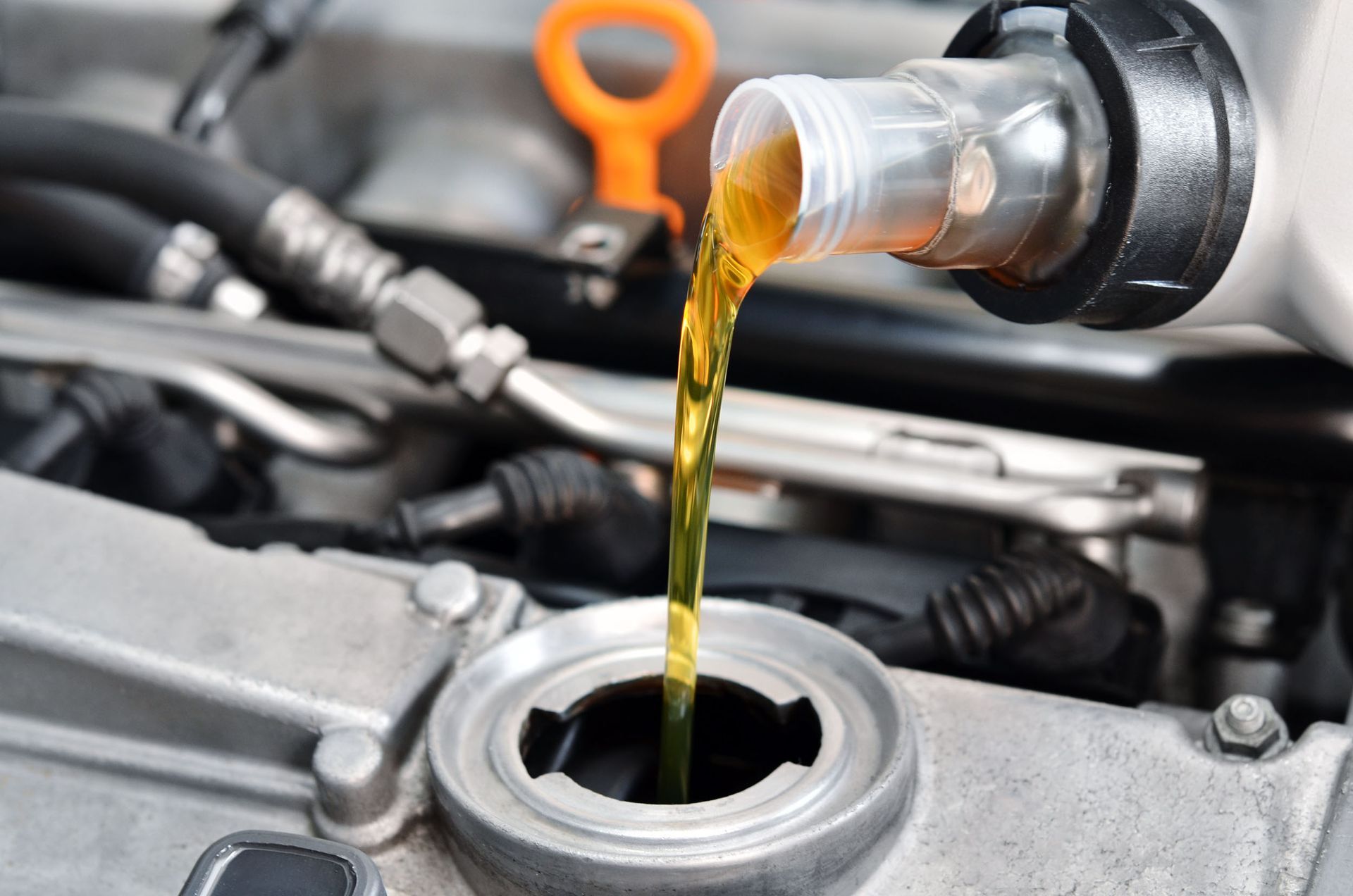
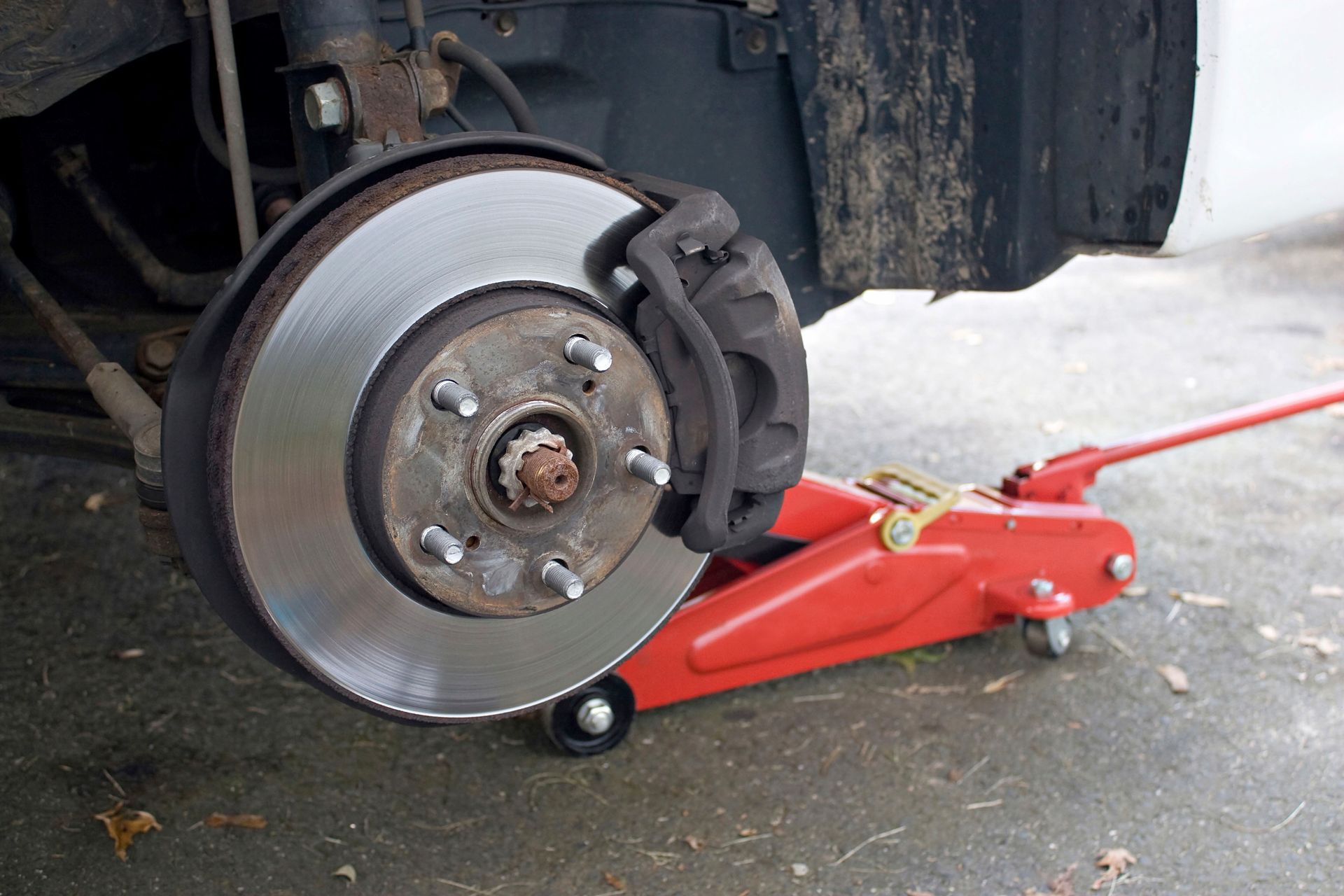
Share On: